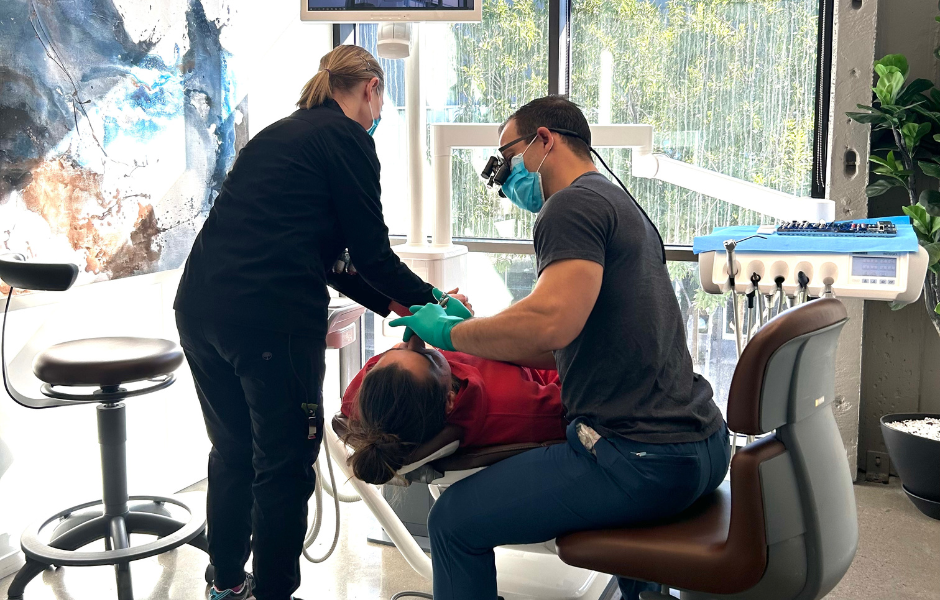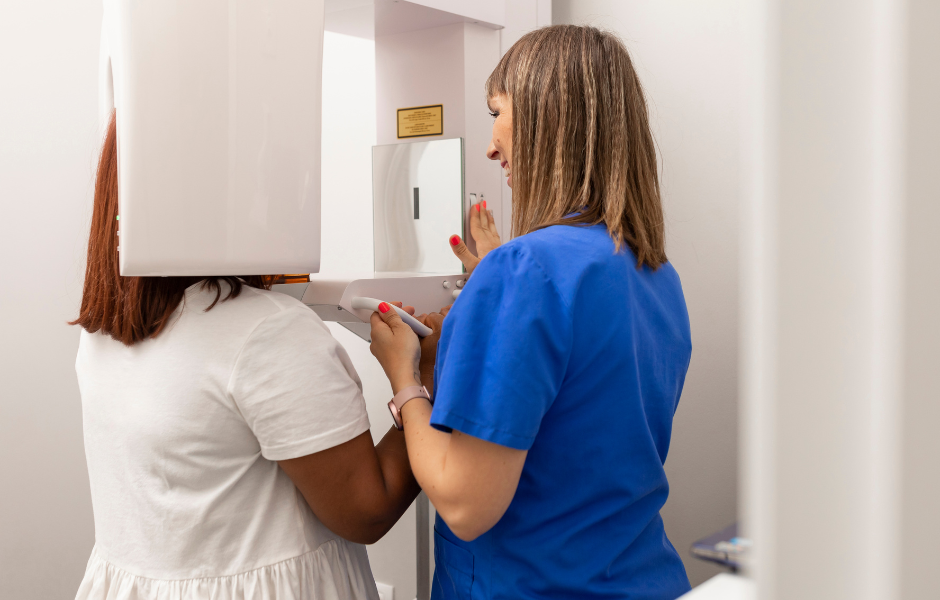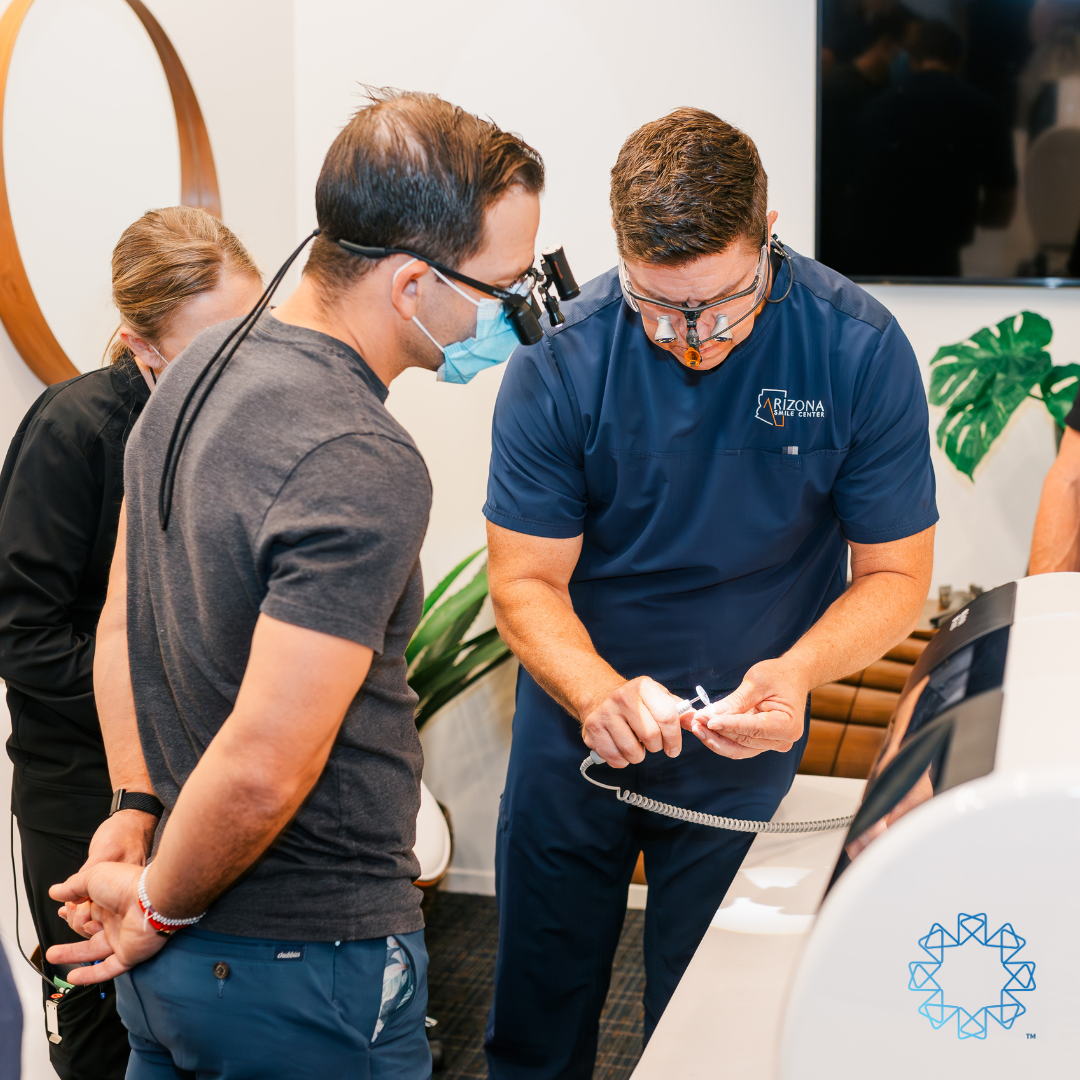
Dental school is an essential stepping-stone for aspiring dentists, providing them with a strong foundation of theoretical knowledge and clinical skills. However, completing dental school alone does not make one a fully competent and confident dental professional. To truly excel in the field, hands-on practice and ongoing training are crucial.
In this blog post, we will explore why hands-on experience and continuous learning are necessary after dental school and how they contribute to a dentist’s professional growth.
Bridging the Gap Between Theory and Practice
While dental school equips students with comprehensive knowledge about oral health, anatomy, and treatment techniques, it often falls short in replicating real-world scenarios. Hands-on practice allows budding dentists to bridge the gap between theory and practice by honing their technical skills, developing their hand-eye coordination, and gaining experience in managing complex dental procedures.
Enhancing Clinical Skills
Dental school provides a solid foundation in fundamental clinical skills, but it’s through practical experience that these skills are refined and perfected. Real patients present unique challenges, such as anatomical variations, psychological factors, and treatment complications. Hands-on training enables dentists to navigate these complexities, improving their diagnostic capabilities and treatment planning skills.
Building Confidence and Chairside Manner
A major aspect of dentistry is building rapport and trust with patients. Effective communication, empathy, and a confident chairside manner are essential for successful patient interactions. Dental school may touch upon these soft skills, but hands-on experience allows dentists to develop them further. Interacting with diverse patients and handling various clinical situations helps dentists build their confidence and establish a positive dentist-patient relationship.
Staying Updated with Technological Advancements
The field of dentistry is constantly evolving due to advancements in technology and treatment modalities. After dental school, it is imperative for dentists to stay updated with the latest techniques, materials, and equipment. DSO University offers opportunities to learn about emerging trends, innovative procedures, and state-of-the-art tools, ensuring dentists provide the best possible care to their patients.
Embracing a Culture of Lifelong Learning
Dental school provides a solid foundation, but the pursuit of knowledge should not end there. Continuous learning is vital for professional growth and maintaining competence in a rapidly evolving field. Dental service providers in a DSO should be encouraged to engage in regular hands-on training. These initiatives allow providers to expand their skill set, stay informed about industry developments, and navigate the ever-changing landscape of modern dentistry.
While dental school lays the groundwork for a career in dentistry, it is hands-on practice and ongoing training that truly shape skilled and confident dental professionals. From bridging the gap between theory and practice to honing clinical skills, building confidence, staying updated with advancements, and understanding practice management, continuous learning beyond dental school is crucial.
By investing in hands-on training and embracing lifelong learning, dentists can elevate their expertise, provide optimal patient care, and thrive in an ever-evolving field.










